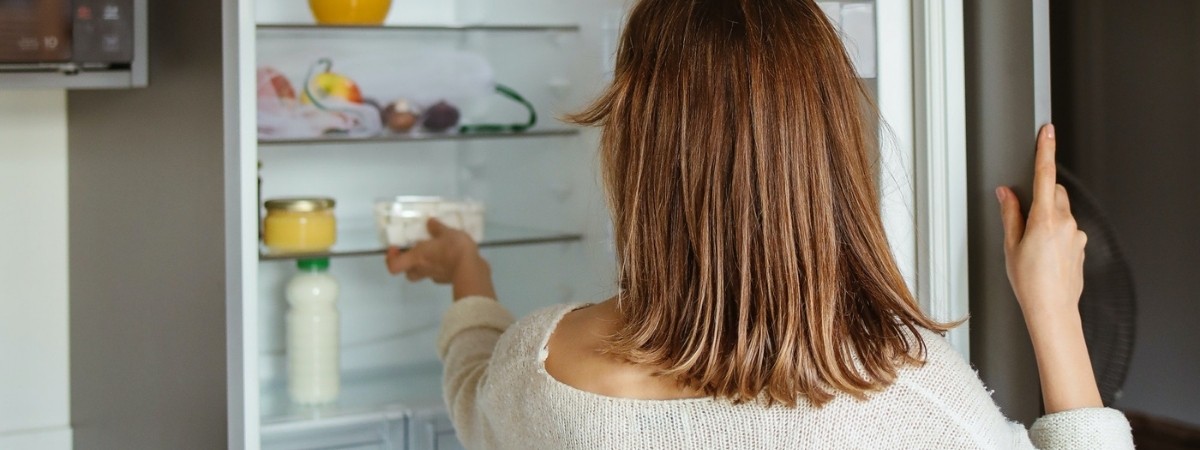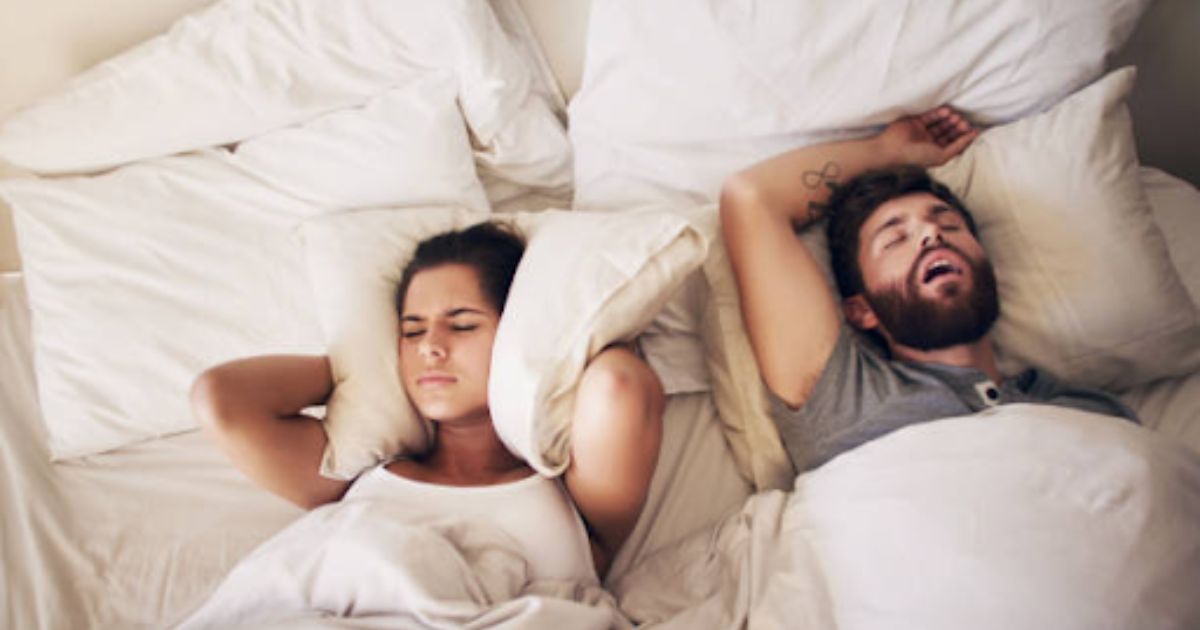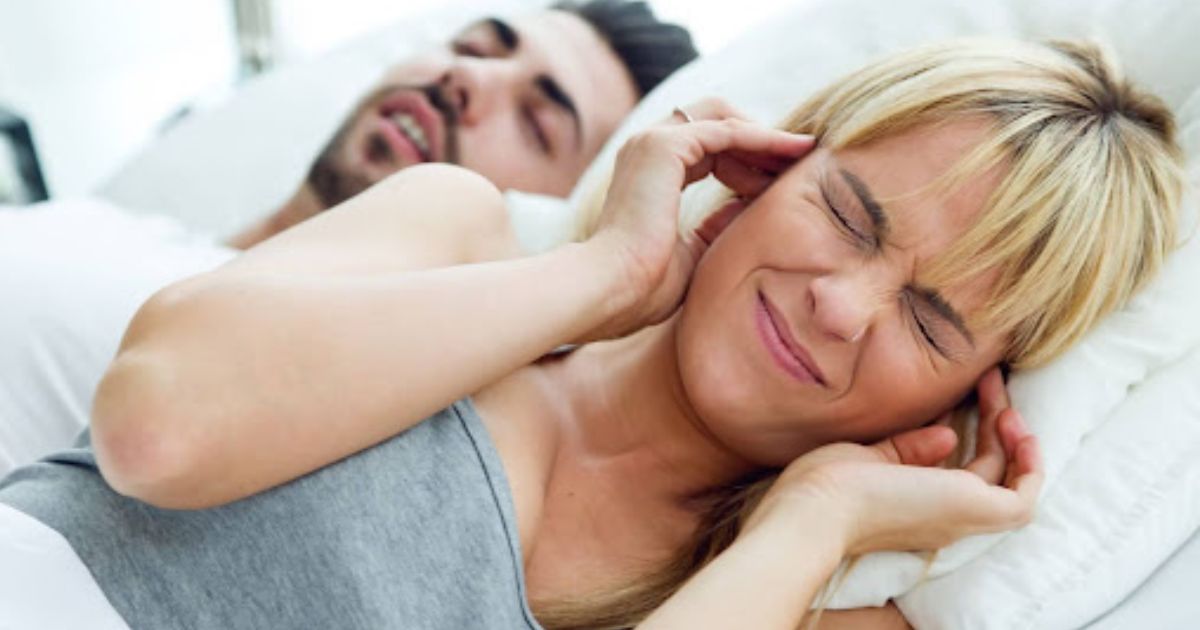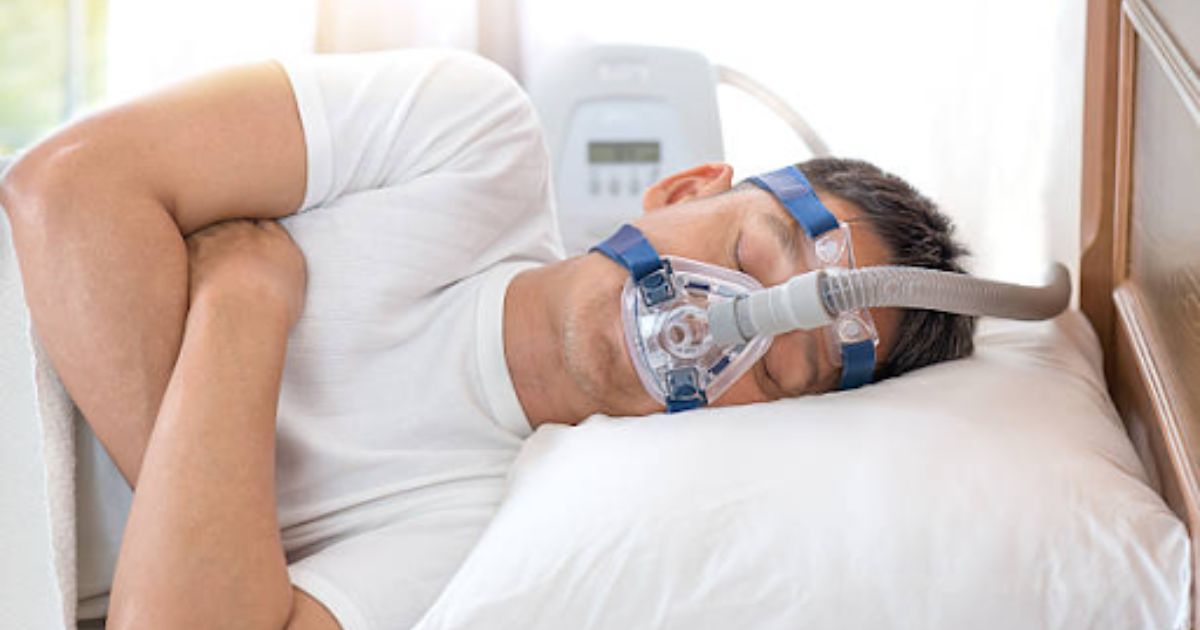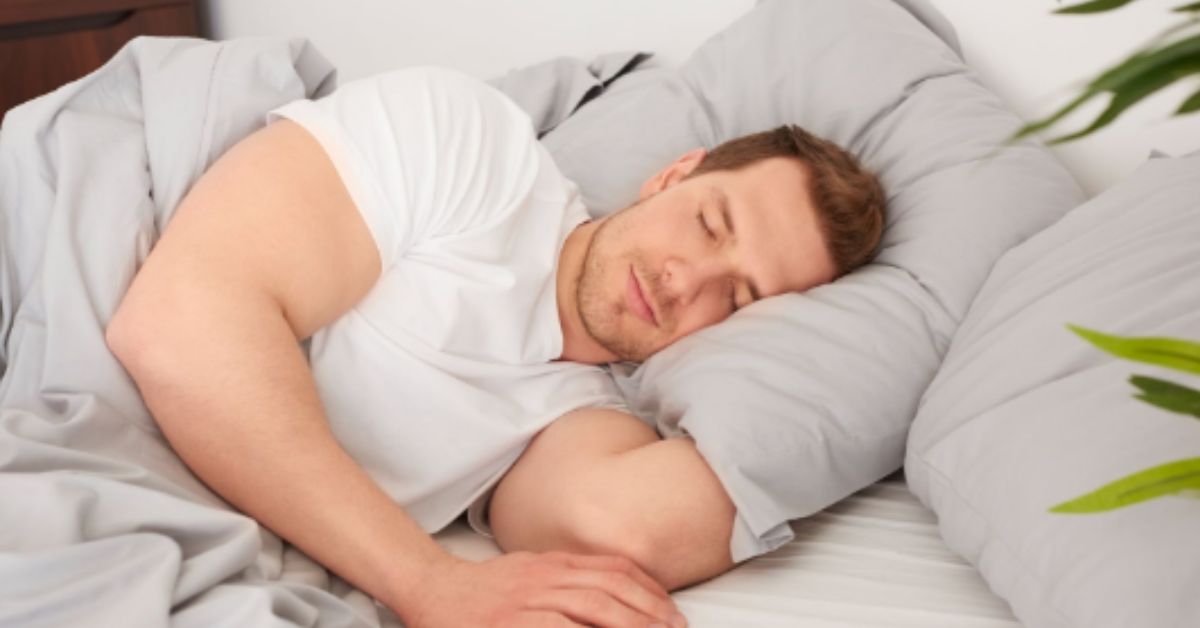Sleep apnea and snoring are terms that are often used interchangeably. However, they are very different conditions. Snoring is simply a noise that’s caused by a reverberating soft palate. Obstructive sleep apnea, on the other hand, is a disorder in which breathing repeatedly stops and starts because the airway is partially or entirely blocked for several seconds.
Almost all individuals with obstructive sleep apnea snore. The louder your snoring, the more likely you suffer from sleep apnea. Other than loud and frequent snoring, sleep apnea can cause choking or gasping for air mid-sleep, restlessness, morning headaches, and tiredness during the day.
Some obstructive sleep apnea treatments include continuous positive airway pressure (CPAP), airway pressure devices, and other oral appliances. You can also mitigate sleep apnea symptoms through some lifestyle changes. The food you eat before bedtime can highly influence the quality of sleep that you get.
How Your Diet Affects Sleep Apnea
What you eat at night has a significant effect on how you fall asleep. Some foods have been proven to promote healthy sleep, and those with anti-inflammatory components can help keep your airway open. Food that’s good for weight loss is good for sleep, too! Fruits, vegetables, whole grains, and lean proteins promote sleep, and following diets that contain these can supplement sleep apnea treatment.
Foods that can interfere with your sleep include heavy meals that contain high amounts of sugar and carbohydrates. If you eat a heavy meal before bedtime, your body will take a longer time to wind down for sleep.
Food to Avoid If You Have Sleep Apnea
You should avoid foods that can cause acid reflux and heartburn, which are common sleep apnea causes. It’s best to keep from eating anything at all two hours before you fall asleep. If you have a sleep apnea diagnosis, it may benefit you as well to avoid consuming these in the evening:
- Bananas – Soft, overripe bananas can increase mucus production and make your breathing worse while you sleep.
- Rich and spicy foods – These may induce heartburn and may aggravate your throat. Spicy foods can also increase your body temperature as you sleep.
- High-fat dairy and meat – These foods are digested very slowly, and they may cause cramping or bloating if you consume a large quantity and immediately lay down. Curbing your fat intake can supplement your sleep apnea treatments and can keep your weight down at the same time.
- Alcohol – Drinking alcohol may help you fall asleep, but it may keep you from reaching the high-quality REM stage of sleep. It also relaxes your throat and may increase your risk for airway blockage.
- Caffeine – This is a stimulant that’s well known for keeping you awake. You should avoid caffeine within six hours of bedtime.
- Refined carbohydrates – Added sugar in refined carbs are significant contributors to weight gain and increase the risk of sleep apnea symptoms.
- Fiber-enriched food – It’s better to consume your daily fiber requirement around lunchtime. Fiber-rich food such as broccoli and cabbage take time to digest and may leave you bloated in bed.
The Bottom Line—Avoiding Sleep Apnea
Eating the right type of food before bedtime can help encourage high-quality sleep and reduce sleep apnea symptoms. Some healthy, sleep-promoting melatonin- and tryptophan-rich bedtime snacks are pistachios, mixed nuts, warm milk, cherry juice, yogurt with fruit and honey. However, remember that people react to food in widely different ways. As such, it’s best to consult with a healthcare professional about your sleep apnea treatment before starting a new bedtime regimen.
Sleep Apnea Treatment in Jacksonville, FL
Are you looking for a sleep apnea doctor in Jacksonville, FL? Jacksonville Sleep Center has the best sleep specialists in the area. We give patients our undivided attention, and we give them the latest options for sleep assessment and treatment. Get in touch with us and start your journey towards a more restful sleep today!

